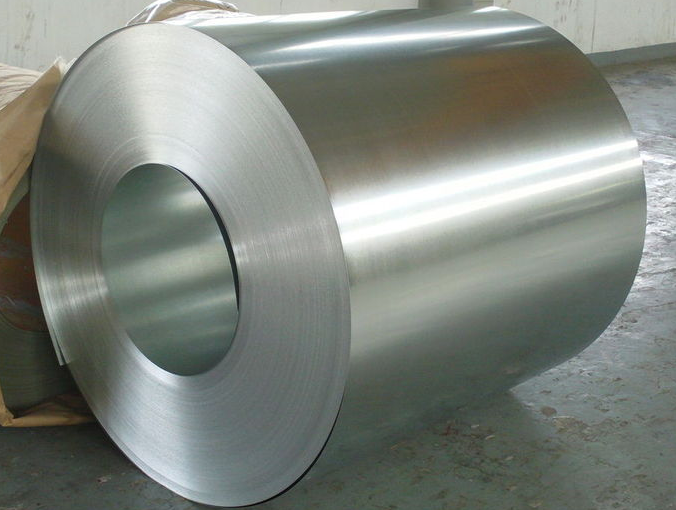Government/Policy

October 18, 2024
Coated steel trade case moves forward with affirmative ITC vote
Written by Laura Miller
On Friday, the US International Trade Commission (ITC) voted to continue the trade case investigation of corrosion-resistant (CORE) steel imports from 10 trading partners.
The agency will release additional information about the vote in its preliminary determination on Monday, Oct. 21.
This initial injury decision by the ITC allows the probe into the imports to move forward.
Recall that Steel Dynamics Inc. (SDI), Nucor, U.S. Steel, Wheeling-Nippon Steel, and the United Steelworkers (USW) filed extensive trade petitions in early September seeking relief from what they claim are unfairly traded imports.
The petitioners are seeking the imposition of antidumping duties (AD) on CORE imports from Canada, Mexico, Brazil, the Netherlands, Turkey, the United Arab Emirates, Vietnam, Taiwan, Australia, and South Africa. They’ve also requested countervailing duties (CVD) for CORE from Canada, Mexico, Brazil, and Vietnam.
(Note that Nucor is not a part of the petitions seeking duties on CORE from Mexico, while SDI and Nucor are the only ones seeking duties on Canadian CORE.)
The petitions allege average dumping margins ranging from as low as 12.7% for the Netherlands to as high as 195.23% for Vietnam. A table showing the full scope of the asserted dumping margins can be found here.
Commerce will set actual AD margins in its preliminary decision, which will be issued on Feb. 12, 2025.
Subsidy margins won’t be revealed until the Department of Commerce issues its preliminary CVD determination on Nov. 29.
The next big date to watch for is Nov. 29, when Commerce will issue its preliminary CVD determination. Subsidy rates above de minimis (less than 1% for developed countries and less than 2% for developing countries) have been purported, but we won’t know the degree of the CVD margins until that date.
SMU has compiled a full timeline of the investigations, which can be found here.







